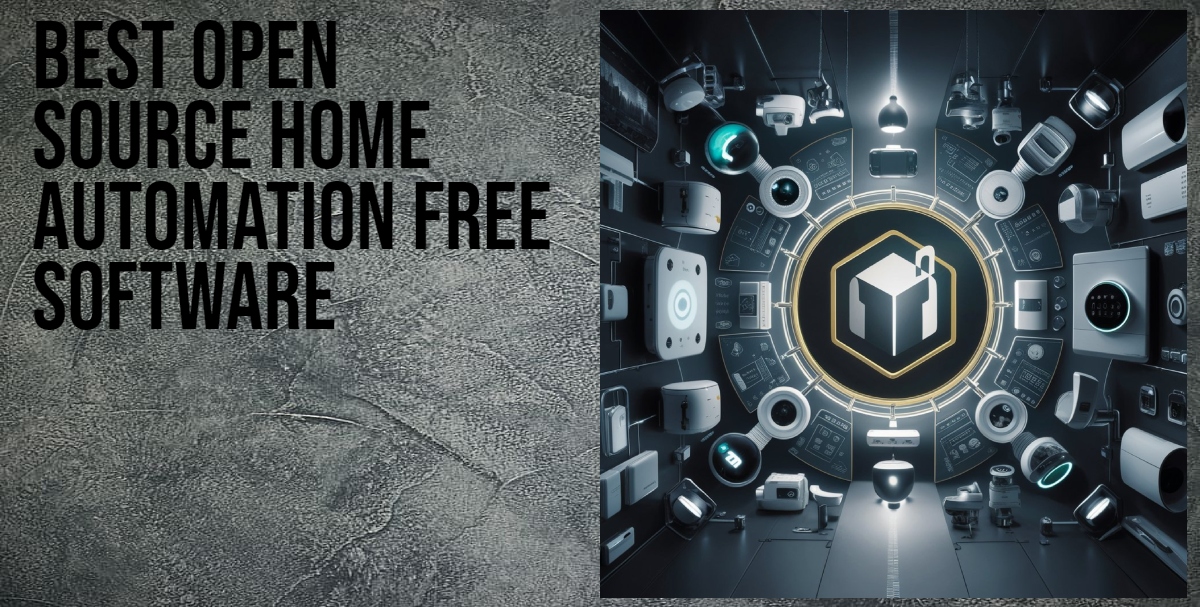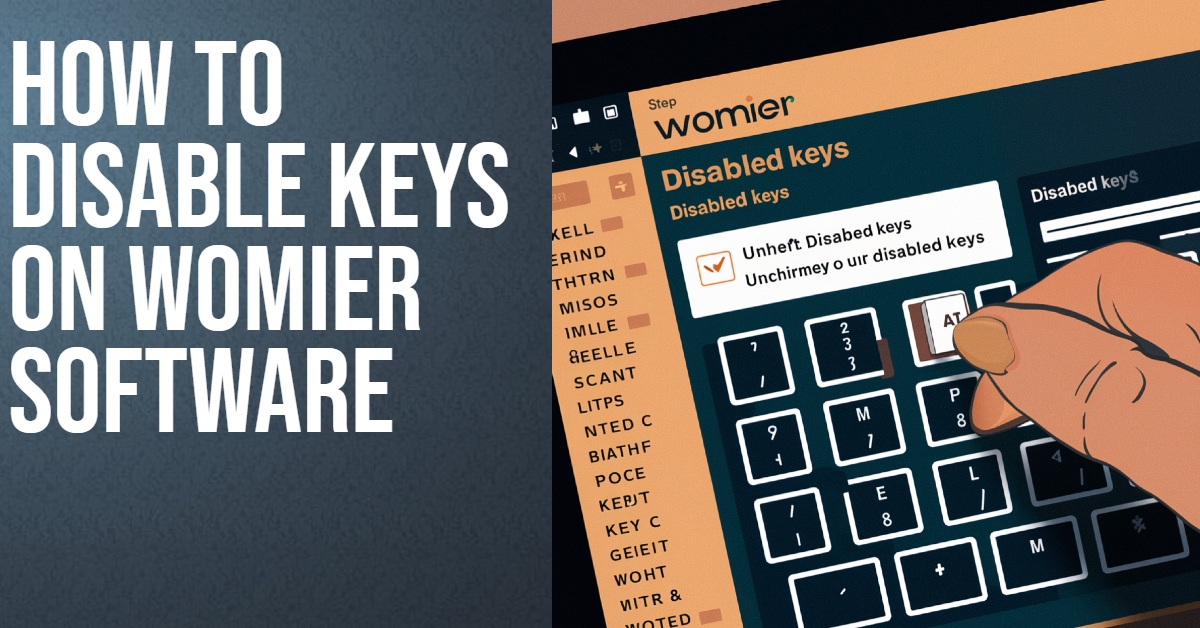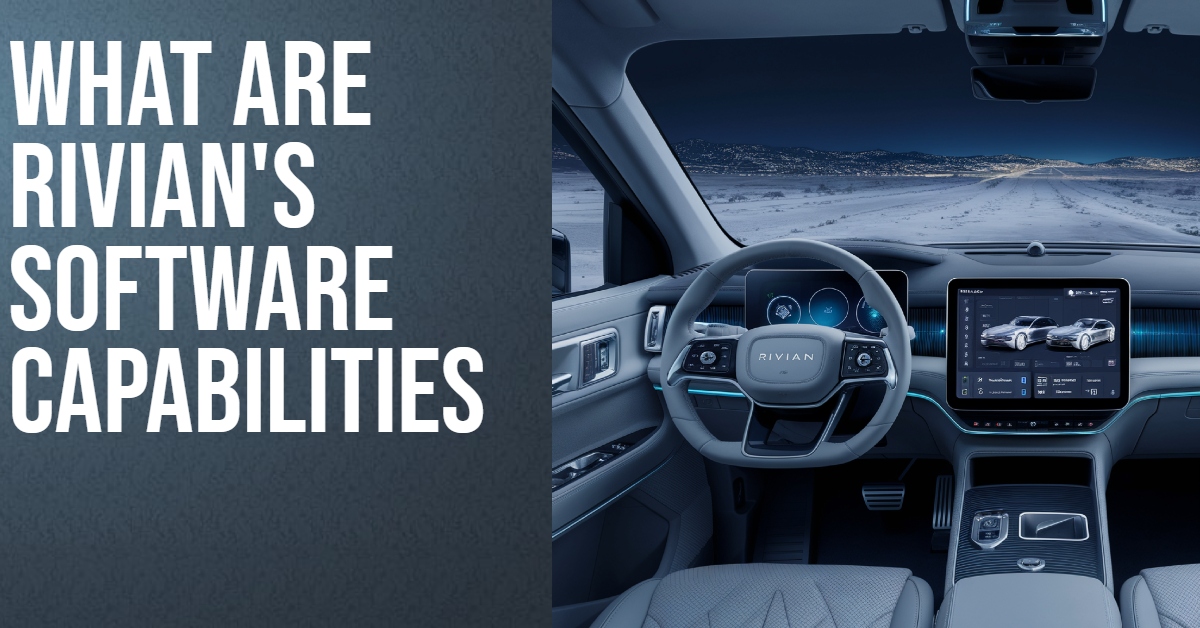Today, technology has changed every part of our lives. Smart home automation is now a must-have. It makes our homes connected, efficient, and smart. The open source community offers free and customizable solutions for this.
This article will look at the best open source home automation software. It will help you control your home better and make your daily life easier. We’ll cover the top platforms, their features, and how to set up your smart home devices.
Key Takeaways
- Open source home automation software is a cost-effective and customizable way to make your home smart and efficient.
- The leading open source home automation platforms have many features and integrations. They let you control and automate different parts of your home easily.
- Setting up an open source home automation system is easy. There are detailed guides and communities that help you at every step.
- By integrating smart home devices with open source platforms, you can control everything from one place. This helps save energy and makes your home more convenient.
- Open source home automation solutions let you customize your smart home to fit your needs and likes.
Introduction to Open Source Home Automation
Home automation makes our living spaces smarter by adding technology. It lets us control and monitor different parts of our homes easily. We can change the lights, set the temperature, lock doors, and manage appliances with just a few clicks.
Using open source software is a unique way to automate our homes. It’s becoming more popular every year.
What is Home Automation?
Home automation lets us control and automate many things in our homes. We can manage lighting, climate, security, and even smart devices like appliances and entertainment systems. It aims to make our lives easier, save energy, and improve our homes.
Benefits of Open Source Home Automation Solutions
- Cost-Effectiveness: Open source home automation software is often free or cheaper than other options. This makes it great for those on a budget.
- Customization: Users can change the system to fit their needs and likes. This creates a home automation experience that’s all about you.
- Community Support: Open source projects get help and updates from a community of developers. This means ongoing improvements and help when you need it.
- Device Compatibility: Open source solutions work with many smart home devices. This lets users mix different brands and technologies easily.
Open source home automation offers a way to make our homes smart without spending a lot. It’s flexible, customizable, and cost-effective. This approach turns our living spaces into smart, connected places.
What is the Best Open Source Home Automation Free Software?
Choosing the right open source home automation software depends on what you need and like. We’ll look at some top open source home automation platforms. This will help you pick the best one for your smart home.
Open Source Home Automation Platforms
- Home Assistant – A powerful and customizable platform that supports a wide range of smart home devices and offers extensive automation and integration capabilities.
- OpenHAB – A vendor-neutral home automation solution that can integrate with various smart home devices, providing a centralized control interface.
- Node-RED – A flow-based programming tool that makes it easy to connect IoT devices, APIs, and online services, enabling complex automation scenarios.
- DIY Smart Home – A flexible and open-source home automation system that allows you to build your own custom solutions using various hardware and software components.
Each platform has its own strengths and features. It’s important to think about what you need, your tech skills, and your budget. This will help you pick the best fit for your smart home.
| Platform | Key Features | Ease of Use | Customization |
|---|---|---|---|
| Home Assistant | Wide device support, Automation, Integrations | Moderate | High |
| OpenHAB | Vendor-neutral, Centralized control, Scripting | Moderate | High |
| Node-RED | Visual programming, IoT connectivity, Automation | High | High |
| DIY Smart Home | Flexibility, Customization, Open-source components | Low | Very High |
The best open source home automation software for you will depend on your needs, tech skills, and how much you want to customize. Look at each platform’s features and see which one fits your smart home goals best.
Top Open Source Home Automation Platforms
Two names are at the forefront of open source home automation: OpenHAB and Home Assistant. They offer strong and adaptable solutions for making your home smart. These platforms are perfect for tech-savvy homeowners and enthusiasts.
OpenHAB
OpenHAB is a platform that works with many smart home devices and systems. It’s designed to be flexible, letting users mix different parts together. This includes lighting, climate control, and security systems. OpenHAB lets users customize their home automation to fit their needs.
Home Assistant
Home Assistant is a popular choice for home automation. It works well with many smart devices and services. Users can use its easy interface and community support to set up custom automation and manage their homes easily.
OpenHAB and Home Assistant are top picks for open source home automation platforms. They give homeowners the power to create and manage their smart home systems as they like. With their strong features, ability to grow, and focus on open source, these platforms are ideal for those wanting to use open source home automation software.
Setting Up Your Open Source Home Automation System
Creating your dream smart home with open source automation is thrilling. It’s easy with the right help, whether it’s your first time or you’re adding new devices. We’ll guide you through the key steps to set up your system and make your home smart.
Installing Home Automation Software
Start by picking and installing the right open source home automation software. OpenHAB and Home Assistant are great choices with lots of device options. Just follow the software’s instructions carefully for a smooth setup.
Configuring Smart Home Devices
After setting up the software, connect your smart devices. This means pairing them with the platform, setting up networks, and making automations. Use the manufacturer’s and software’s guides for a smooth integration.
- Identify compatible smart home devices
- Connect devices to your local network
- Add devices to the home automation platform
- Customize settings and automations
Troubleshooting and Maintenance
Setting up your system might have some bumps. But don’t worry, we’re here for you. Keep your software updated, check community forums for help, and contact support if needed.
“The key to a successful open source home automation setup is patience, persistence, and a willingness to experiment.”
By following these steps, you’re on your way to a smart home that fits your life. Enjoy the benefits of open source automation, like flexibility and customization, for a more efficient and connected living space.
Integrating Smart Home Devices
Open source home automation lets you easily connect many smart home devices. You can control everything from lights and temperature to security and appliances. This makes your home fully connected.
Supported Device Types
Platforms like OpenHAB and Home Assistant work with many smart devices. They meet the needs of today’s homes. You can connect a wide range of devices, including:
- Lighting – Smart bulbs, switches, and dimmers from brands like Philips Hue, LIFX, and Lutron.
- Climate Control – Thermostats, air conditioners, and heating systems from companies such as Nest, Ecobee, and Honeywell.
- Security – Smart locks, cameras, and alarm systems from manufacturers like August, Ring, and SimpliSafe.
- Home Appliances – Washers, dryers, ovens, and refrigerators from big names like Samsung, LG, and GE.
- Entertainment – Smart TVs, streaming devices, and audio systems from companies like Roku, Amazon, and Sonos.
Open source platforms make it easy to connect and manage many devices in your smart home. This means you can control a wide range of devices with ease.
| Device Category | Supported Brands |
|---|---|
| Lighting | Philips Hue, LIFX, Lutron, Osram, Ikea, Xiaomi |
| Climate Control | Nest, Ecobee, Honeywell, Tado, Danfoss, Mitsubishi |
| Security | August, Ring, SimpliSafe, Yale, Arlo, Hikvision |
| Home Appliances | Samsung, LG, GE, Bosch, Whirlpool, Miele |
| Entertainment | Roku, Amazon, Sonos, Google, Apple, Sony |
Advanced Features and Customization Options
Open source home automation platforms offer many advanced features and customization. They let users make their smart home systems fit their needs. These platforms have automation and work well with other services, giving users control and flexibility.
Automation and Scripting
Open source home automation is great for automation and scripting. Users can set up rules and triggers for tasks like turning lights on when someone moves, adjusting the thermostat, or starting a sequence of events. This automation saves time and makes life easier and more efficient.
Integrating Third-Party Services
These platforms can connect many smart home devices and services. Users can use voice assistants like Amazon Alexa and Google Assistant, or services like IFTTT. This lets users make their smart home work just how they want it.
Creating Custom Integrations
For those who know a lot about tech, these platforms let you make custom integrations. By using programming interfaces and scripting, users can add new features and automations. This is great for those with special needs or unique home automation ideas.
| Feature | Description |
|---|---|
| Automation and Scripting | Robust automation capabilities and customizable rules to automate various tasks and events in the home. |
| Third-Party Integrations | Seamless integration with a wide range of smart home devices, voice assistants, and online services. |
| Custom Integrations | Ability to develop personalized integrations and automations using programming interfaces and scripting. |
Open source home automation lets users unlock their smart home’s full potential. It’s all about making your home work for you. Whether it’s automating daily tasks, working with many devices, or making custom solutions, these platforms have the tools to make your home smart and personal.
Conclusion
Open source home automation software makes your home smart, connected, and efficient. It’s flexible and won’t break the bank. With platforms like OpenHAB and Home Assistant, you can easily connect your devices. You can also customize them to fit your needs perfectly.
By using open source home automation, you can control your home’s tech better. This means saving energy, improving security, and making daily tasks easier. It’s great for tech lovers and homeowners wanting a modern living space.
Starting your smart home journey means tapping into the open source community. They offer support, tutorials, and new ideas to help you. With open source, you can fully customize your smart home. The future of home living is now, and you can shape it.
FAQ
What is home automation?
Home automation uses technology to control and automate things like lighting, climate, security, and appliances in your home.
What are the benefits of open source home automation solutions?
Open source solutions are flexible and can be customized to fit your needs. They are cost-effective and have a strong community for support. Plus, they work with many smart home devices.
What are some of the best open source home automation free software options?
Top choices include OpenHAB and Home Assistant. They are vendor-neutral and flexible. They also support a wide range of smart home devices and protocols.
How can I set up my open source home automation system?
First, install the software. Then, set up your smart home devices. Finally, integrate them with your chosen platform. We’ll guide you through each step and offer troubleshooting tips.
What types of smart home devices can I integrate with open source home automation platforms?
You can integrate many smart home devices, like lighting, climate control, security, and appliances. We’ll cover the different devices and how to integrate them smoothly.
What advanced features and customization options are available with open source home automation?
These platforms offer advanced features and customization. You can automate tasks, integrate with third-party services, and create custom integrations. This enhances your smart home’s functionality.



